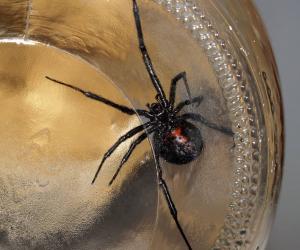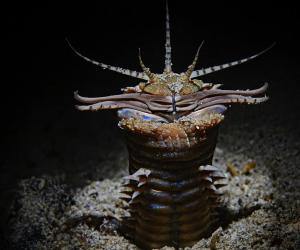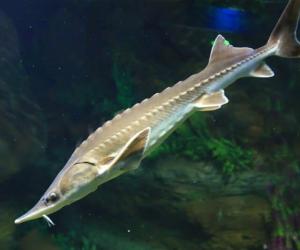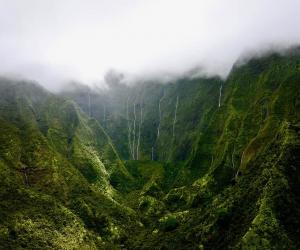Discover the Largest Great White Shark Ever Caught in New Brunswick
Although it’s unlikely you’ll see a great white shark every time you’re in the water near New Brunswick, they do hunt and migrate through here. Great white sharks are fascinating. They are one of the largest shark species in the world and have been the center of thrilling movies for years for their ferocious looks and tough jaws. While great sharks aren’t extremely common off the coast of New Brunswick, this Canadian province holds a unique record. Follow along to discover the largest great white shark ever caught in New Brunswick.
What is the Largest Great White Shark Ever Caught in New Brunswick?
According to many online sources, the largest great white shark ever caught in New Brunswick was 37 feet long. However, although spread throughout the internet, this ‘record’ is unconfirmed. However, allegedly, in the 1930s, this massive great white was found trapped in a herring weir in New Brunswick, Canada. Some people consider this shark the largest great white caught in the world. There is a lot of doubt though cast on this large shark as the largest confirmed length of a great white was 19.7 feet long, although they may grow as long as 21 feet.
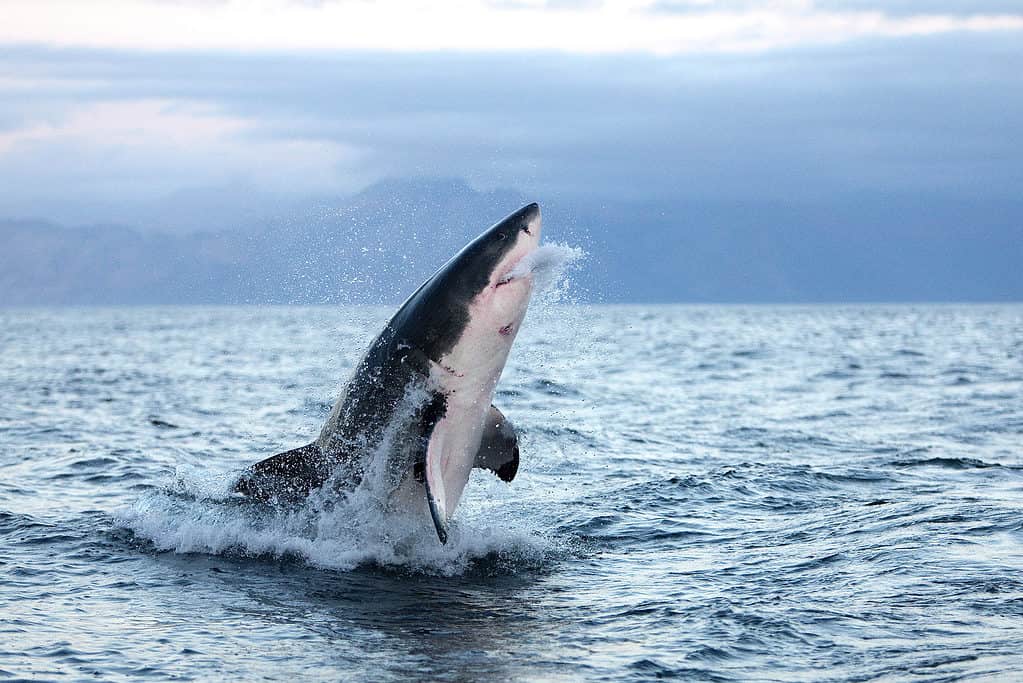
©slowmotiongli/Shutterstock.com
About Great White Sharks
Now that we’ve determined the largest great white shark ever caught in New Brunswick, we can learn more about this amazing creature. Great whites are surprisingly mysterious. Although they are the center of many films and TV series, great whites are very mysterious. There is still a lot we don’t know about this animal. Interestingly, no one has ever recorded a great white giving birth, although there are theories as to where they travel to give birth.
Great whites are apex predators. They are massive and aggressive fish, often reaching as long as 16 feet, sometimes longer. Although many people fear these large sharks, they are listed as Vulnerable on the IUCN Red List and are also Critically Endangered in Europe.
Their size, strength, and speed scare people away, but these sharks are intelligent, unique, and also solitary. Rarely do sharks attack. In one year, there are only about 16 shark attacks every year in the United States, and not all are great whites. Most aren’t fatal either.
Great whites are excellent hunters. Their diets are large and wide. These sharks can consume large fish, aquatic mammals, birds, and more. The most common food for a great white is seals. They may also eat trash in the sea, confusing the objects for fish, squid, or other prey.
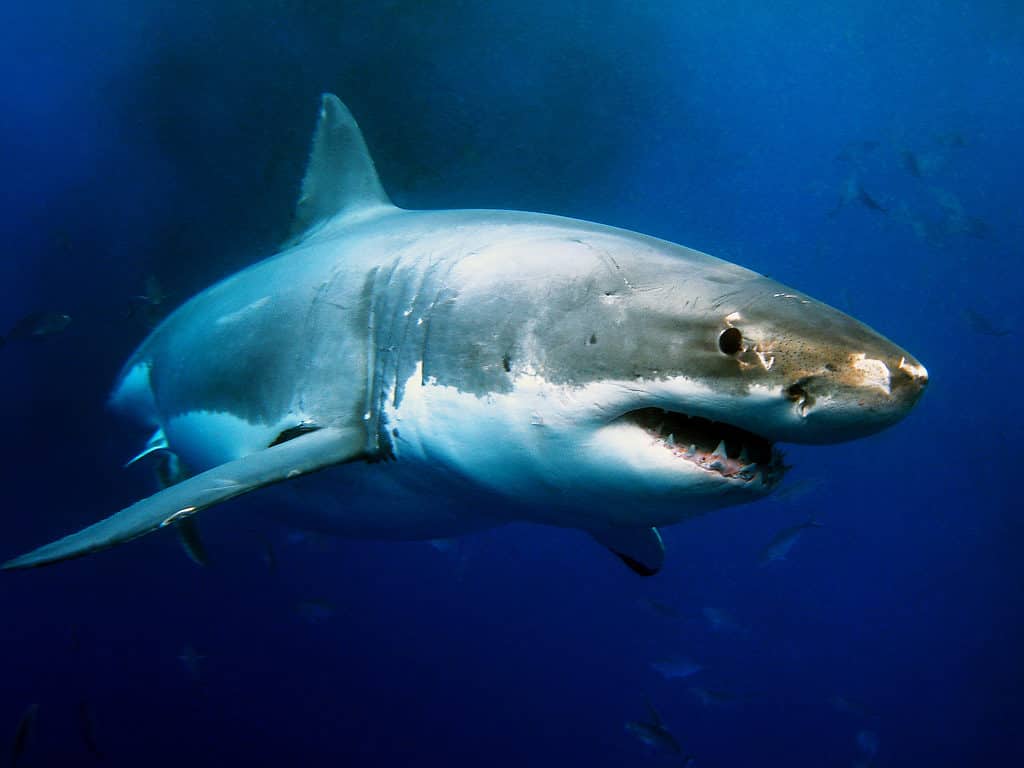
©iStock.com/Whitepointer
Other Sharks Near New Brunswick
So, what other shark species live off the coast of and near New Brunswick? Follow along to discover a few different sharks you may encounter in the water, although rare!
Basking Shark
The first shark on our list is one you can sometimes see near the surface of the water, the basking shark. Despite their scary appearance, basking sharks are harmless to humans. These slow-moving sharks are nearly 30 feet long! They live in all the world’s temperate oceans.
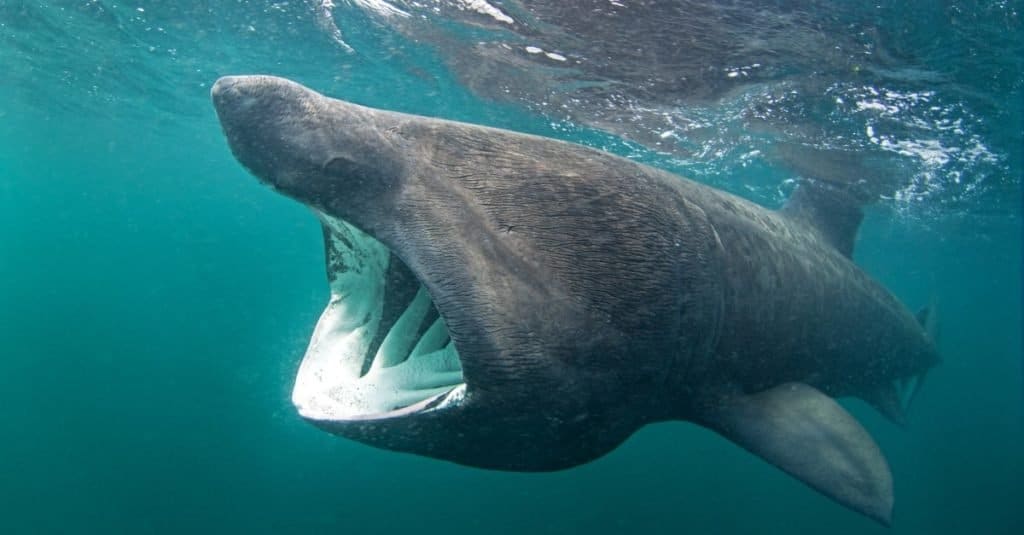
©Martin Prochazkacz/Shutterstock.com
Blue Shark
The next shark on our list is the blue shark. Blue sharks are currently listed as Near Threatened on the IUCN Red List. They are long and slender sharks found in deep waters in the world’s temperate and tropical oceans. On average, they are about 10 feet long. Interestingly, although blue sharks aren’t common in the New Brunswick, sightings are increasing.
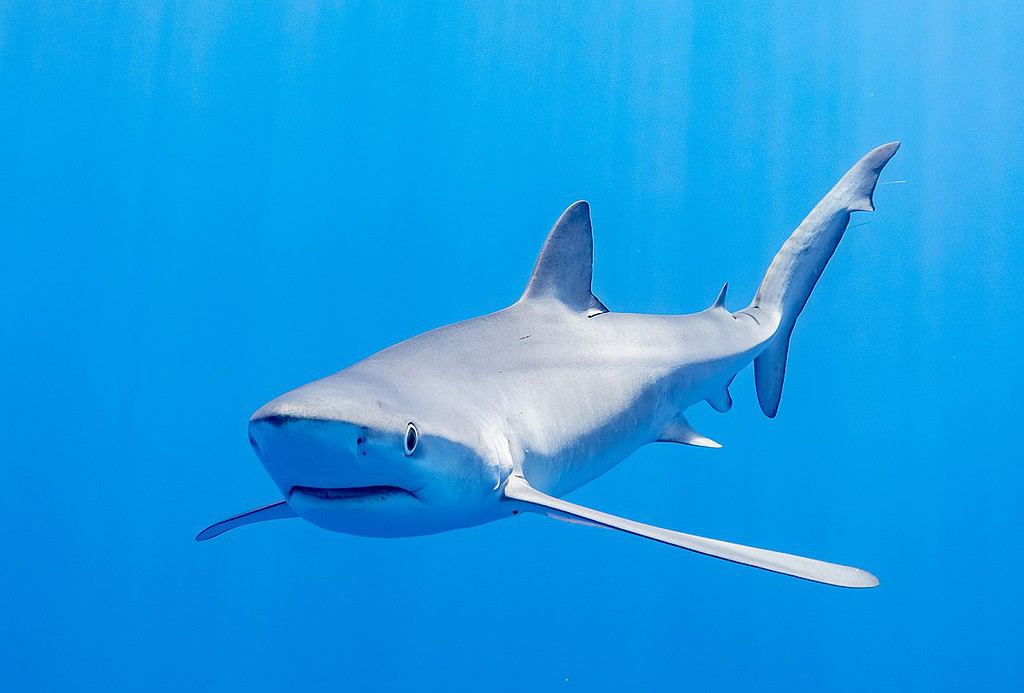
©Diego Delso, CC BY-SA 4.0 – License
Porbeagle Shark
Also in New Brunswick is the porbeagle shark. Porbeagle sharks are one of the more common species in this Canadian province. Currently, this shark species is listed as Vulnerable on the IUCN Red List. These mackerel sharks are about 8 feet long and can weigh 500 pounds. They also have a very wide range. You can find porbeagle sharks in Canada, the United States, Morocco, Greenland, Russia, Brazil, New Zealand, and Australia.
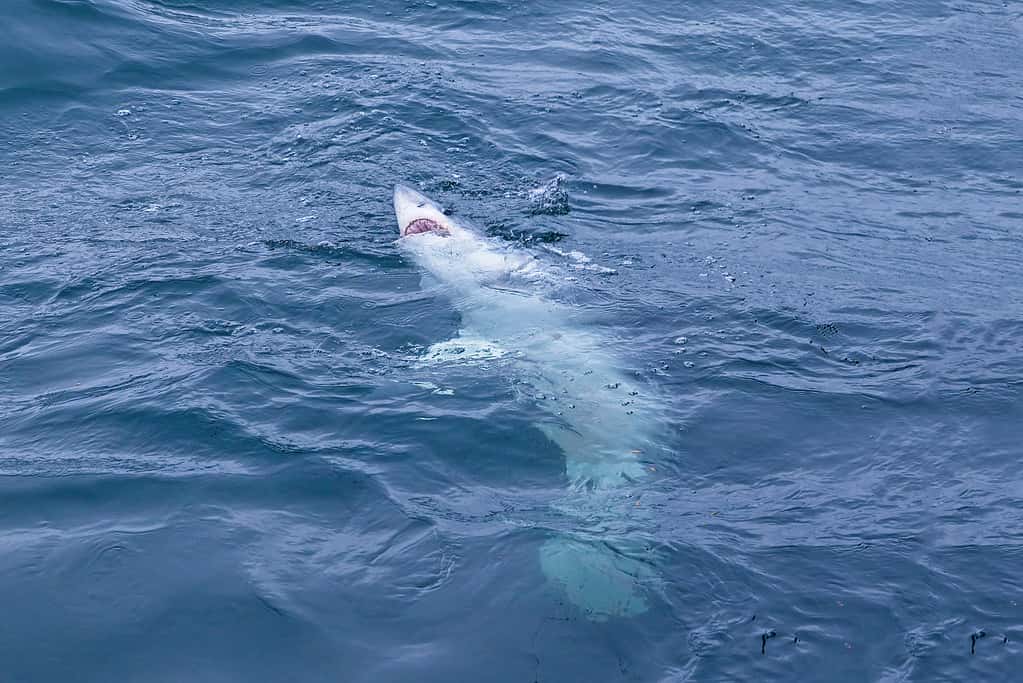
©birdsonline/ via Getty Images
Spiny Dogfish
Another common shark species in New Brunswick is the spiny dogfish, also known as the mud shark. They are listed as Vulnerable on the IUCN Red List. These small and harmless sharks are members of the Squalidae family. They are slow-growing sharks that may reach about 4 feet long. Generally, most mud sharks are 2.5 to 3.5 feet long. Females are larger than males.
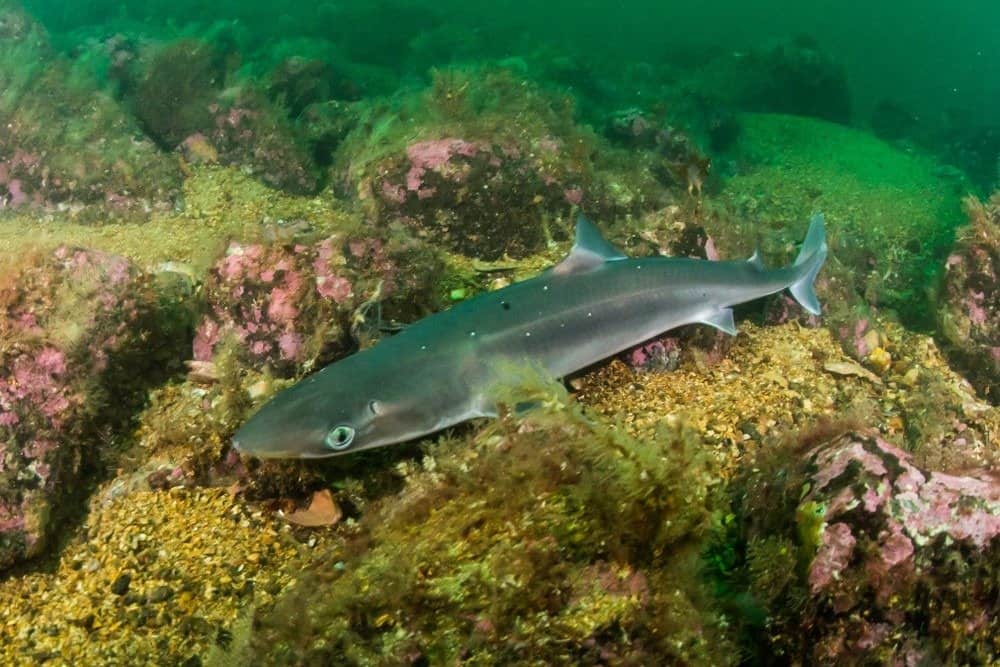
©Joern_k/Shutterstock.com
